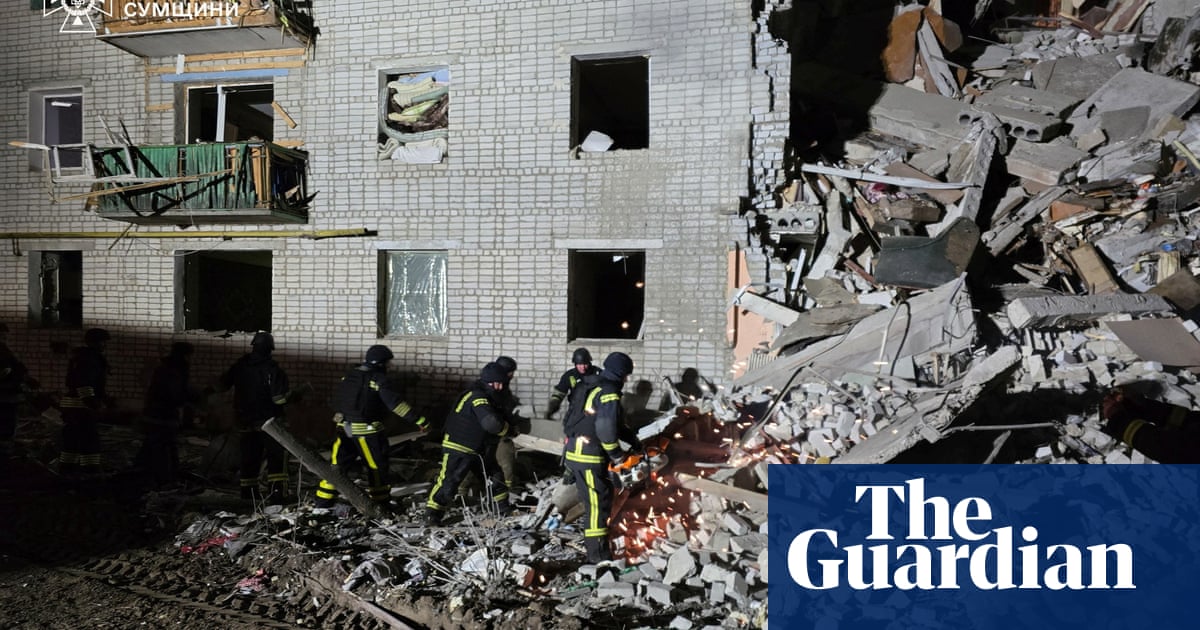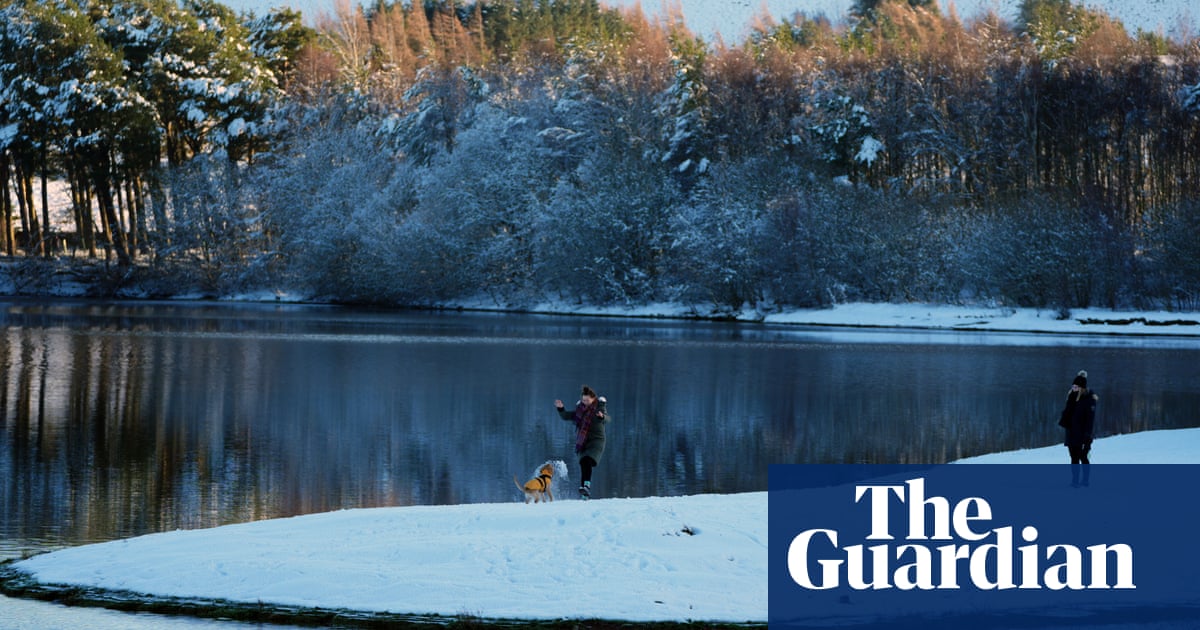North Korea has sent about 10,000 troops to Russia to train and fight in the Ukraine war within “the next several weeks,” the Pentagon has said, in a move that western leaders say will intensify the almost three-year war and jolt relations in the region.
Some of the North Korean soldiers have already moved closer to Ukraine, Pentagon spokesperson Sabrina Singh said on Monday, and were believed to be heading for the Kursk border region, where Russia has been struggling to push back a Ukrainian incursion.
Earlier on Monday, Nato secretary-general Mark Rutte confirmed recent Ukrainian intelligence reports that some North Korean military units were already in the Kursk region.
Adding to concerns about the two countries’ growing cooperation over Russia’s war in Ukraine, North Korean state media said on Tuesday a delegation led by foreign minister Choe Son Hui had left Pyongyang for an official visit to Russia, without elaborating.
Adding thousands of North Korean soldiers to Europe’s biggest conflict since the second world war will pile more pressure on Ukraine’s weary and overstretched army. It will also stoke geopolitical tensions in the Korean Peninsula and the wider Indo-Pacific region, including Japan and Australia, western officials say.
Russian President Vladimir Putin is keen to reshape global power dynamics. He sought to build a counterbalance to western influence with a summit of Brics countries, including the leaders of China and India, in Russia last week. He has sought direct help for the war from Iran, which has supplied drones, and North Korea, which has shipped large amounts of ammunition, according to western governments.
Rutte told reporters in Brussels that the North Korean deployment represents “a significant escalation” in Pyongyang’s involvement in the conflict and “a dangerous expansion of Russia’s war.”
US President Joe Biden also called the deployment “dangerous. Very dangerous.”
Defence secretary Lloyd Austin and secretary of state Antony Blinken will meet with their South Korean counterparts later this week in Washington.
Singh said Austin and defence minister Kim Yong-hyun would discuss the deployment of North Korean soldiers in Ukraine. There would be no limitations on the use of US-provided weapons on those forces, Singh said.
“If we see DPRK troops moving in towards the frontlines, they are co-belligerents in the war,” Singh said, using the acronym for the Democratic People’s Republic of Korea, or North Korea. “This is a calculation that North Korea has to make.”
Russia’s foreign minister Sergei Lavrov shrugged off Rutte’s comments and noted that Pyongyang and Moscow signed a joint security pact last June. He stopped short of confirming North Korean soldiers were in Russia.
Lavrov claimed that western military instructors have long been covertly deployed to Ukraine to help its military use long-range weapons provided by western partners.
Ukraine, whose defences are under severe Russian pressure in its eastern Donetsk region, could get more bleak news from next week’s US presidential election. A Donald Trump victory could see key US military help dwindle.
In Moscow, the defence ministry announced Monday that Russian troops have captured the Donetsk village of Tsukuryne – the latest settlement to succumb to the slow-moving Russian onslaught.
Rutte spoke in Brussels after a high-level South Korean delegation, including top intelligence and military officials as well as senior diplomats, briefed the alliance’s 32 national ambassadors at Nato headquarters.
The South Koreans showed no evidence of North Korean troops in Kursk, according to European officials who were present for the 90-minute exchange and spoke to AP about the security briefing on condition of anonymity.
It’s unclear how or when Nato allies might respond to the North Korean involvement. They could, for example, lift restrictions that prevent Ukraine from using western-supplied weapons for long-range strikes on Russian soil.
With Associated Press and Reuters

.png) 2 months ago
22
2 months ago
22













































